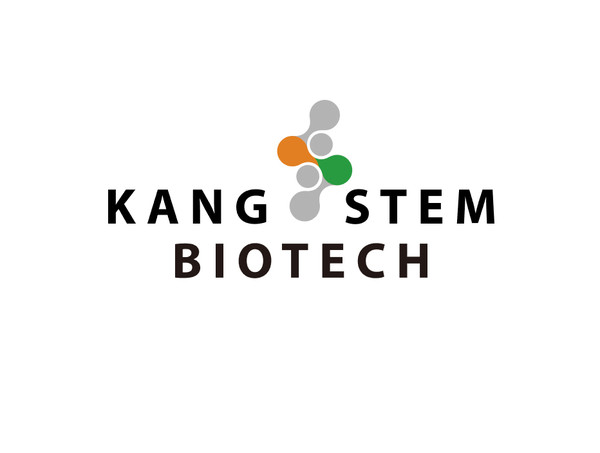Kangstem Biotech said Wednesday it has confirmed the safety and effectiveness of its atopic dermatitis stem cell treatment, Furestem-AD Inj, in three-year interim results of the long-term study (K0102-E) of phase 3 clinical trials (K0102).

The study adhered to the Ministry of Food and Drug Safety guidelines, aiming to track the long-term safety of stem cell treatments under clinical development. Accordingly, Kangstem designed the study to confirm safety firstly in the third year and subsequently in the fifth year at the end of 2023.
Initially, the phase 3 clinical trials, conducted from April to December 2018, had 197 patients, with 98 receiving the test drugs. A 36-month safety and efficacy assessment of 69 patients who agreed to the long-term follow-up study among patients who received the test drug did not identify any significant adverse events, such as death or malignant tumors.
Accordingly, the EASI-50 achievement ratio was 58 percent (40 out of 69 people) in the first year, 66 percent (34 out of 50 people) in the second year, and 75 percent (39 out of 52 people) in the third year. When measuring EASI scores, patients' combined atopic dermatitis drugs were identified based on the WHO Anatomic Therapeutic Chemical (ATC) classification system.
The analysis was conducted by classifying conventional treatments, including antihistamines, steroids, and the like, as systemic immunosuppressants, including oral immunosuppressants and biologics (monoclonal antibody preparations, etc.). However, when examining the relationship between using systemic immunosuppressants periodically with the EASI-50 achievement ratio, both were not statistically significant and were judged as irrelevant.
"The company has re-challenged phase 3 results of the atopic dermatitis treatment since last year, so the results of this long-term follow-up study are of great significance," said Bae Yo-han, head of Kangstem’s clinical development division. "Although the results of this long-term follow-up study did not achieve statistical significance in the 2018 trial, the results of this study confirm not only the excellent long-term safety of Purestem-ADI but also the possibility that moderate to severe patients with atopic dermatitis can effectively manage the condition for a significant period with conventional atopic treatments alone."

